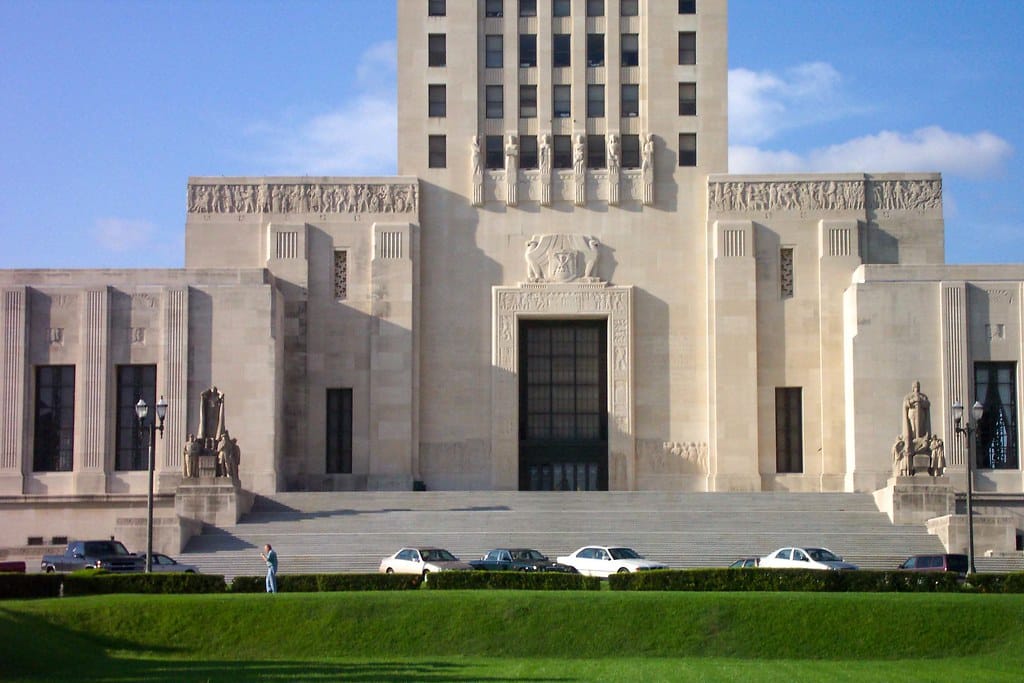Louisiana Legislature Debates Tax Reform as Gov. Landry’s Plan to Cut Business Credits Sparks Opposition
The plan, which targets several credits, has drawn significant backlash from developers and industry advocates who argue these incentives are vital for economic growth and job creation across the state.

BATON ROUGE, La. – The Louisiana legislature continued its special session Thursday, with lawmakers deliberating over Governor Jeff Landry’s tax reform proposals, which include eliminating business tax credits to offset tax cuts. The plan, which targets several credits, has drawn significant backlash from developers and industry advocates who argue these incentives are vital for economic growth and job creation across the state.
One of the targeted credits, the historic preservation tax credit, is seen as critical by developers revitalizing old buildings and fostering tourism. Richard Roth of the Louisiana Historic Tax Credit Coalition emphasized the program’s economic benefits, pointing to a recently renovated hotel that received state support and created 70 local jobs. “That hotel last year generated $792,000 in sales and occupancy tax alone,” Roth noted. “The state’s one-time investment of $800,000 is nearly recouped in a single year through tax revenue, making it one of the most beneficial programs for our state’s economy.”
The bill, authored by State Representative Julie Emerson, proposes eliminating these credits in favor of a broader tax cut to attract new businesses to Louisiana. Emerson argues that reducing tax rates overall will create a more competitive environment, replacing the need for industry-specific credits. “We’ve overextended ourselves with these incentives, making it difficult to attract businesses here,” Emerson said. “It’s time to reset, start fresh, and consider sunsetting all credits to see what we can sustainably support moving forward.”
Louisiana currently allocates $125 million annually to historic building credits, of which only $85 million is typically used. Emerson contends that a clean slate approach—phasing out all credits and lowering tax rates—could drive broader economic growth. “Every credit has a constituency advocating to retain it, which complicates tax policy,” Emerson explained. “This clean bill approach lets us sunset everything, stimulate growth with reduced rates, and then assess which credits truly benefit Louisiana.”
Other lawmakers voiced concerns about the potential impact on historic preservation and film industry incentives, vowing to revisit funding mechanisms for these sectors in future legislative sessions. However, if passed, the new bill would end these credits by next year, leaving developers like Roth questioning how the state plans to sustain critical local industries without them.





